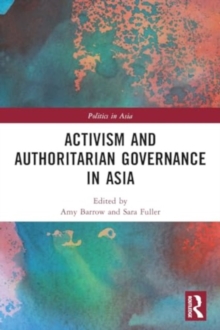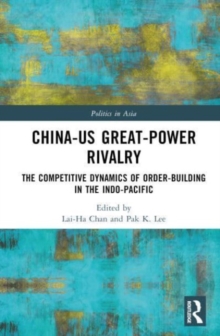
Regional Community Building in East Asia : Countries in Focus EPUB
Edited by Lee Lai To, Zarina Othman
Part of the Politics in Asia series
EPUB
Description
This volume is a collection of papers written by nationals or former nationals of the respective country in ASEAN and Northeast Asia.
Unlike other works written by scholars outside ASEAN or East Asia, it offers an insider’s point of view of the 10 ASEAN states, China, Japan and South Korea on regional community building.
While a nationalist perspective may permeate throughout the study, it is also clear that pursuing regional cooperation is considered to be important by the respective author, denoting the non-exclusivity between nationalism and regionalism and the mutual reinforcement of the two.
Each author of this volume has made a deliberate effort to introduce and survey the developmental challenges and experiences of his or her country from a historical perspective.
All authors, without exception, have emphasized the importance and advantages in staying with ASEAN or linking up with ASEAN by China, Japan and South Korea in political-security, economic and socio-cultural terms.
Their papers also reveal that the self-help and self-strengthening mechanism emphasized by the ASEAN Plus Three process will take time to bear fruits.
In the meantime, it seems that bilateral interactions and cooperation between ASEAN and Northeast Asian states remain to be more dominant as shown in this study.
One can argue that bilateral interactions are the building block of multilateralism interactions.
To be sure, there is a deliberate effort in this study to highlight "unity in diversity" in East Asia in general and ASEAN in particular.
Information
-
Download - Immediately Available
- Format:EPUB
- Pages:350 pages, 18 Tables, black and white; 11 Line drawings, black and white; 11 Illustrations, black an
- Publisher:Taylor & Francis Ltd
- Publication Date:01/09/2016
- Category:
- ISBN:9781317265559
Information
-
Download - Immediately Available
- Format:EPUB
- Pages:350 pages, 18 Tables, black and white; 11 Line drawings, black and white; 11 Illustrations, black an
- Publisher:Taylor & Francis Ltd
- Publication Date:01/09/2016
- Category:
- ISBN:9781317265559










